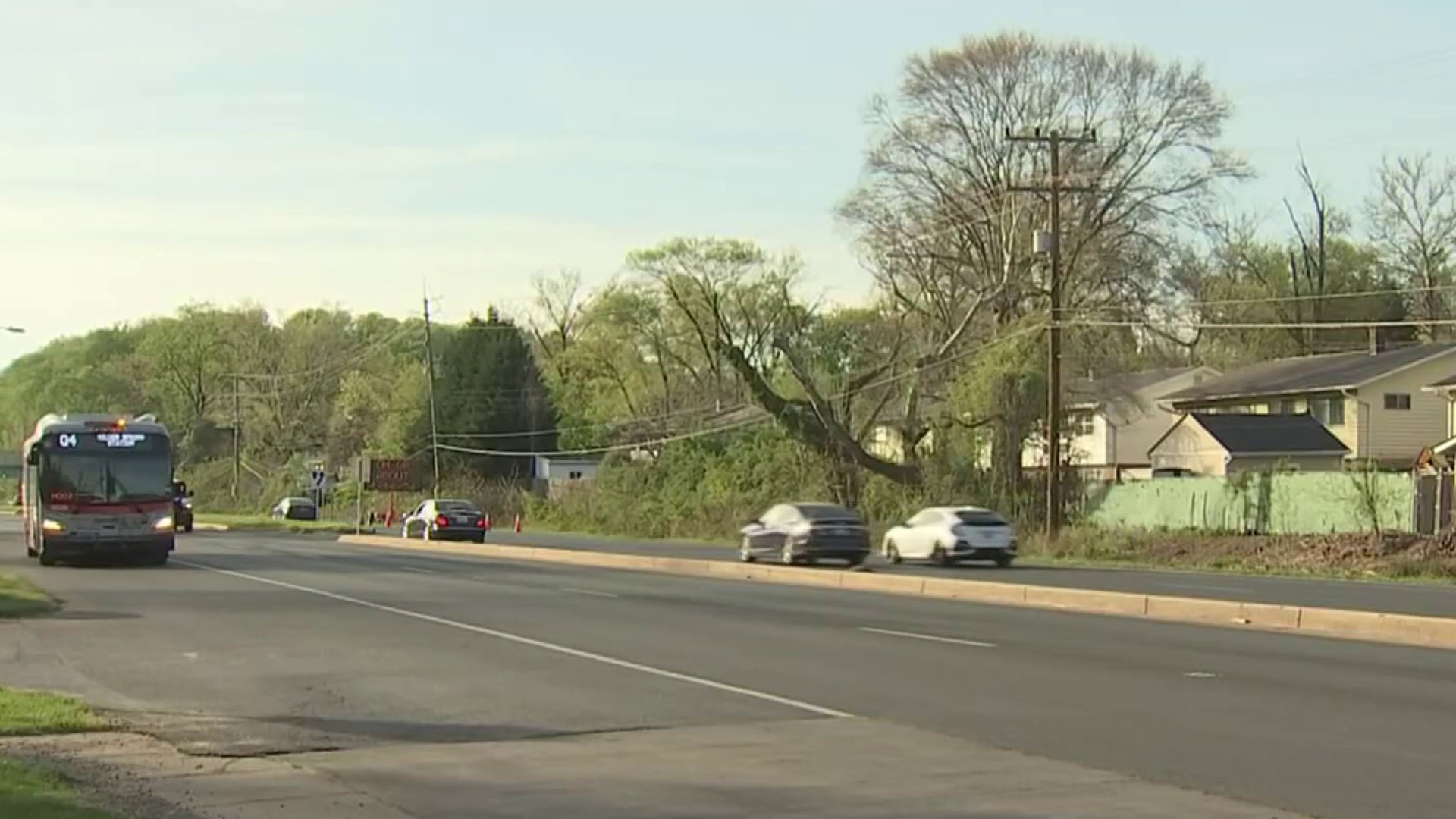A new law in Washington, D.C., hoped to create a more level playing field when it comes to running for elected office.
The D.C. Council approved the measure, which will provide qualified candidates with a base funding and matching funds for individual contributors. The district is joining the growing number of jurisdictions that provide public money for political campaigns, but the mayor is not expected to sign the legislation.
Ed Lazeer, who spent years working as a government fiscal watchdog, is running for council chair.
“It is going to mean more people choosing to run and more voters want to donate to campaigns, because they’ll know their money will make a difference and not be outspent by big corporate donors,” Lazeer said.
The new law provides qualified candidates with a base of as much as $160,000 plus a 5 to 1 match for individual contributions. But the candidate would have to give up big corporate donations and rely on small individual donations and the government matching funds.
“You’re going to see a richer diversity of candidates,” said Council member Charles Allen, Ward 6. “For the voters, it gives their voice much more power.”
In 2014, then candidate Muriel Bowser raised $3.6 million in her race to become mayor. For her re-election bid, she has already raised $1.4 million and is not supportive of the new law.
Local
Washington, D.C., Maryland and Virginia local news, events and information
“With so many pressing needs for residents, it is not prudent to divert tax dollars from hiring more police, investing in housing or fixing our roads to paying for robocalls, negative attack ads and donor receptions," a spokesperson for the mayor said in a statement.
Supporters of the law plan to deliver petitions with more than 5,000 signatures to Bowser’s office, urging her to change her mind.
One person Bowser will face in her re-election bid is Michael Woods, a 19-year-old college student. Woods is the perfect example of a candidate who would benefit from the new financing law, but he’s very much against it, even though he knows public financing could be a huge help to him.
He said public financing takes money from taxpayers and gives it to candidates, whether the taxpayers support that candidate or not.
“There are a lot of other places it could go to instead of a campaign, like the infrastructure,” Woods said.
D.C. Attorney General Karl Racine used hundreds of thousands of dollars of his own money when he first ran for his current post.
“It’s an extraordinary option for upstart candidates to seek contribution from public system and, hopefully, make them more competitive in the races, and that’s what we want,” Racine said.
Council member Jack Evans, who has raised millions over the years from big corporate donors, supports the new law.
“At this point in time, when the city is in a very, very good financial position, let’s take a shot at it, and see what happens,” Evans said.
Bowser is not expected to veto the law, instead allowing it to take effect without her signature. It is expected to cost taxpayers about $5 million a year when it takes effect for the 2020 election cycle.



